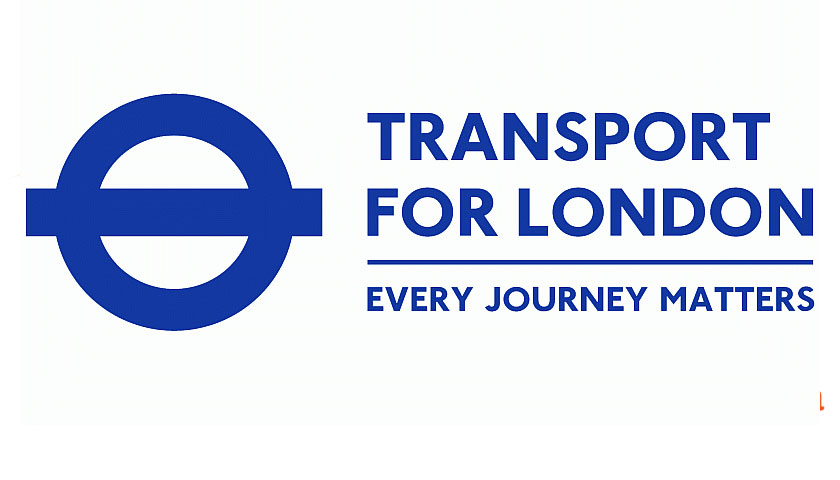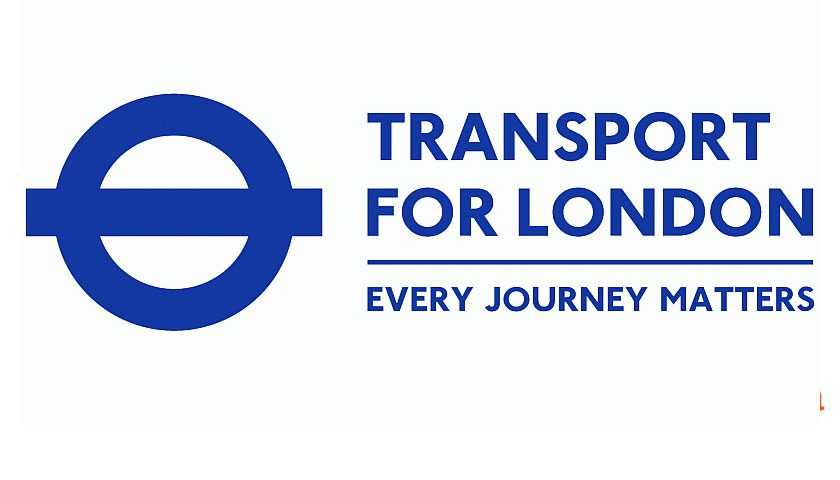City Hall and TfL launch competition to increase diversity as research shows Londoners feel ignored by advertisers
- Advertisers are invited to enter a landmark new competition which aims to transform adverts in London
- As part of the #BehindEveryGreatCity campaign, City Hall is calling on brands to create campaigns that better represent women in the capital, in partnership with JCDecaux and Exterion Media
- The new competition is launched following research which reveals some Londoners are made to feel ‘invisible’ and ‘irrelevant’ by adverts in the capital
City Hall and TfL are launching a new competition to support advertisers to create more positive and inclusive campaigns after research showed that Londoners do not feel represented by advertisements in the capital.
Deputy Mayor for Transport, Heidi Alexander, today launched the competition inviting brands to create adverts that reflect London’s diversity, feature women from all backgrounds and move away from harmful gender stereotypes.
Sponsored by TfL media partners, Exterion Media and JCDecaux, for the first time ever, this competition gives brands the opportunity to win £500,000-worth of prominent advertising space across the TfL network – one of the biggest advertising estates in the world, seen by people on the 31 million journeys taken on TfL’s network every day.
The winning brand will have the chance to reach a huge audience across the capital and lead the way in driving positive change in the industry. There is also the chance for two shortlisted campaigns to receive a prize worth £50,000 in digital advertising.
The launch of this brand new competition comes following new research, commissioned by City Hall, which revealed Londoners don’t feel the women they see in adverts are representative of women in the capital.
Findings from the new report, ‘The Women We See’, showed that 75 per cent of Londoners feel that adverts should reflect the diversity of the city’s population, yet fewer than one in four thinks adverts are culturally diverse. It also highlights that women and girls feel pressured to achieve a specific beauty standard as a result of the women they see in adverts around the city.
The study focused on adverts in a range of public spaces that people would encounter in their day-to-day lives in the capital, and highlighted a discrepancy between the women we see in London, and the women we see in adverts.
Researchers from University College London (UCL) found that less than one in three people feel that adverts in London are relevant to them, and highlighted the extent to which people from different cultural backgrounds, age groups or sexual orientation feel ignored.
The group feeling the least represented were women over the age of 55. Fewer than one in four respondents could recall seeing an advert featuring someone with wrinkles, and older research participants reported feeling ‘invisible’ and ‘irrelevant’.
Those surveyed felt advertising was focused on able-bodied people, with just 18 per cent of survey participants able to remember ever seeing an advert featuring a disabled person. The majority of men and women also said they did not see enough images of disabled people. Members of the LGBT+ community who were surveyed felt excluded, with only one in three feeling their sexual orientation was well represented.
When researchers spoke to women and girls using the transport network and travelling around the city, they regularly reflected on the fact that adverts in public places often featured beauty products, clothes, gyms and health products alongside messaging that made women and girls feel pressured about their own body image. The respondents were also critical about the use of photoshop, with 42 per cent of women saying the use of photoshop is unacceptable and 69 per cent saying they think companies need to be more transparent and state when photoshop has been used in their adverts.
The new competition is the latest move from City Hall to encourage more positive advertising campaigns, following a ban on adverts on the TfL network which could reasonably be seen as likely to cause pressure to conform to an unrealistic or unhealthy body shape, or as likely to create body confidence issues, particularly among young people. In addition, City Hall also worked with TfL to establish the Advertising Steering Group to monitor TfL’s approach to advertising and to keep its policy under regular review.
The research also showed that advertising across London transport was rated the most positively of all channels in terms of the quality, diversity and portrayal of different audiences – only seven per cent of Londoners stated that they found advertising on transport ‘problematic’.
TfL’s advertising estate is one of the most valuable in the world, looking after 40 per cent of London’s outdoor advertising. The winning brand of the new City Hall and TfL competition will see their campaign appear across the TfL Tube and bus network next year, ensuring people across the city are able to engage with their innovative and positive new advert.
Heidi Alexander, Deputy Mayor for Transport, said: “London is one of the most diverse cities in the world and our diversity is one of our greatest strengths, so it’s important we challenge the disparity between the women we see in our advertising and the women we see around us in our city. It is particularly concerning that some women feel pressurised by images they see in adverts around the city, and others feel completely overlooked or ignored. I want young women and girls from all backgrounds in London to feel empowered and valued when travelling around our great city.
“That’s why today we are launching a new competition to work with the advertising industry to tackle the way we represent women in advertising. As part of the #BehindEveryGreatCity campaign, we want to ensure that women that are at the heart of our city’s success get the representation they deserve.”
Professor Jessica Ringrose, Lead Researcher, UCL, said: “It has been an incredible privilege learning about women and girls’ experiences of gender and advertising in London. Our participants have so many important insights into advertising and we hope that their ideas and messages for change reach the broadest possible audience.”
Naomi, one of the research participants, said: “The advertising industry carries huge responsibility in influencing people’s attitudes towards women, ethnic and LGBT groups…It is time the industry truly challenges itself and starts to reflect the community it serves, by being inclusive of all groups and cultures, disregarding negative stereotypes and encouraging positive portrayal where possible.”
Selma Nicholls, Founder of Looks Like Me and competition judge said: “It is critical that we continue to represent society fairly, so women and girls from all backgrounds see advertising content that authentically represents them. It’s time to celebrate our brilliant diverse city, create inclusive content that resonates with our audiences, so women and girls proudly say she looks like me.”
Claire Beale, Global Editor in Chief, Campaign, and competition judge, said: “Advertising has a tremendous power to shape society and culture. With that power comes responsibility and hopefully this competition will encourage the ad industry to properly up its game when it comes to the positive portrayal of women in its work.”
Gavin Brice, Franchise Director at Exterion Media, said: “Out-of-Home advertising is the most powerful medium for engaging the London audience. As UCL’s research shows, Londoners like it and find it more empowering and diverse than advertising on social or on TV, and it contributes to the city’s culture as people go about their lives and travel through its transport network. We look forward to seeing how the creative minds of our industry respond to the brief of celebrating women and diversity, making the most of our fantastic full-motion digital screens across London Underground and Rail.”



